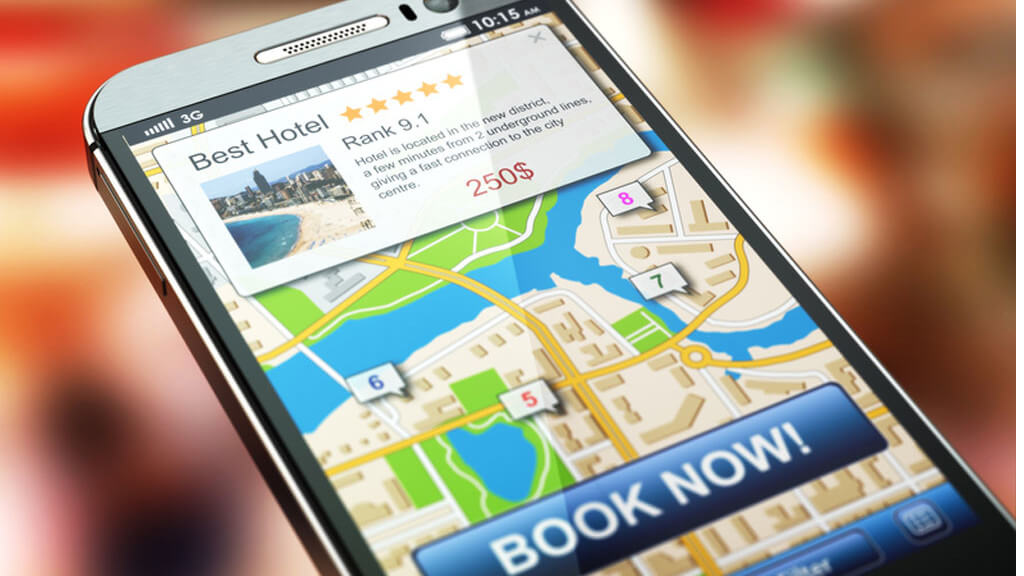
A mobile only price is exactly what you’d think it is: a price – usually a discount – that’s only available to users accessing a mobile booking app on their device.
NB: This is an article from Lighthouse
Subscribe to our weekly newsletter and stay up to date
The booking site or mobile app is usually an online travel agent (OTA), such as Booking.com or Expedia, and, as a hotel revenue manager, you can control the process – which online travel agencies it applies to, what the mobile rate is, how long the promotion lasts for, what these promotions look like on a mobile browser etc – using a channel manager.
As we’ve established, hoteliers are motivated to engage with such promotions because mobile phones are so dominant in the travel search space and, when the right discount is applied, conversion rates improve. Crucially, though:
- Mobile users are slightly skewed towards millennials and younger
- Their habits, at least when searching on their mobiles to book travel, tend to be more impulsive
- By focusing some of your efforts on these activities, you boost your recognition and reputation on OTAs
These factors inform the exact nature and tactics hoteliers implement on mobile channels. It’s all about capturing booker’s interest in the moment and encouraging and facilitating future activity through encouraging mobile app downloads. You can also consider app only promotions.
4 Other common booking discounts and rewards
Of course, offering a one-size-fits all mobile-only discount isn’t the only way to reach these users. These four types of promotional scheme dovetail nicely for this demographic and can work well on a mobile website.
Let’s take a look.
1. Country rates
Country rates or geo-fencing as it’s sometimes known are targeted discounts or pricing adjustments offered to customers based on their geographic location.
Hotels and OTAs use these rates to customize prices for guests in specific countries, allowing them to adjust offers according to local demand, economic conditions, or spending habits. These discounts are often applied by detecting the user’s IP address or location data during the booking process.
Such discounts might be used to increase bookings in underperforming markets or to attract guests from regions where travel demand is lower.
For instance, if a hotel sees low booking volumes from certain countries or wants to tap into emerging travel markets, a country rate discount can make the property more appealing to those travelers.
Additionally, these rates can help hotels maintain a competitive edge by tailoring pricing strategies that consider local competition and market trends, optimizing revenue potential across multiple regions.




